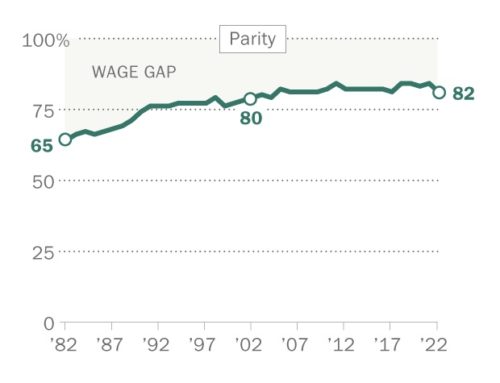The dice have been rolled for the fate of 300 million Americans.
Congress recently enacted legislation to resolve the worst housing crisis since the Great Depression. This will be the government’s greatest effort to stabilize the mortgage and financial markets.
The legislation has several key features:
- A $300 billion program to refinance loans for struggling borrowers.
- A dramatic rescue plan for embattled mortgage finance firms Fannie Mae and Freddie Mac that includes the creation of a new regulator for these government sponsored enterprises
- An increase in the federal debt limit to $10.6 trillion
- Reforming the Federal Housing Administration.
The Wall Street Journal, in a July 24 article headlined “Housing Bill Will Extend Federal Role in Markets,” highlighted the costs and expanded scope of the federal government. Among the key points of the housing bill and their cost over 10 years:
- Fund to provide more low-income housing: $5.3 billion.
- Tax credits for first-time home buyers: $4.6 billion.
- FHA insurance for up to $300 billion of home loans: $729 million
- Raised loan limits for Fannie Mae and Freddie Mac to 115 percent of local area median home price, up to $625,000
- Higher limit on federal debt to $10.6 trillion from $9.8 trillion
Ironically, 12 months ago, there was almost universal confidence in the American housing market as well as the public and private institutions that supported it. Former Federal Reserve Chairman Alan Greenspan waxed enthusiastically about the rising percentage of American homeowners.
The past 12 months have been sobering. In April, former Secretary of the Treasury Lawrence Summers predicted in testimony to a Senate Committee that more than 2 million foreclosures could be expected over the next two years and that some 15 million homeowners will owe more than their house is worth.
What shattered the foundation of the American housing industry?
Housing prices can decline!
Until recently, home prices had not dropped on a national basis since the Great Depression. The S&P/Case-Shiller index, which tracks prices in 20 U.S. markets, found that prices dropped 17 percent in May 2008 compared with May 2007, with a decline since the peak in July 2006 of 23 percent.
Only a few critics recognized that Fannie Mae, Freddie Mac and the Federal Housing Administration, the supposed bulwark for our housing market, were in dire financial straits. Over the past 30 years, these institutions have become the dominant players in providing money or insurance for home mortgages. Specifically, Fannie, Freddie and the FHA in the second quarter of 2008 accounted for 90 percent of the United States home mortgage origination. They either hold or guarantee $5.3 trillion of mortgage debt, covering about half the outstanding mortgages in the U.S.
Unlike many Democrats, Republican Sen. John McCain questions whether Fannie and Freddie can be effectively regulated. He wrote an editorial, published July 24 in the St. Petersburg Times, “Take taxpayers off hook for rot at Fannie, Freddie.”
McCain wrote that Americans should be outraged for putting taxpayers on the hook for potentially hundreds of billions of dollars to bail out Fannie Mae and Freddie Mac. It is a tribute to what these two have bought with more than $170 million worth of lobbyists in the past decade, he wrote.
The senator stated his reluctant support for taking the unfortunate but necessary steps needed to keep the financial troubles at these two companies from further squeezing American families.
Paul Gigot, the editorial page editor of The Wall Street Journal, argued in a July 23 opinion piece, “The Fannie Mae Gang,” that Fannie and Freddie have been able to purchase political immunity for decades by disguising their vast profit-making machine “in the cloak of ‘affordable housing.'”
To be more precise, Gigot wrote, Fannie and Freddie have been protected by an alliance of Capitol Hill and Wall Street — even after overstating earnings by tens of billions of dollars.
A July 29 Wall Street Journal editorial, “Fannie Mae’s Political Immunity,” said that Senate Majority Leader Harry Reid refused to allow a vote on Republican Jim DeMint’s amendment to bar political donations and lobbying by Fannie and Freddie.
In conclusion, resolving the housing crisis has led to two entirely different schools of thought. Nouriel Roubini, an economics professor at New York University, criticized the government for letting the housing bubble expand without any controls. He dismissed self-regulation as no regulation.
On the other hand, disciples of 18th century political economist Adam Smith question whether American home ownership is best served by the marketplace or by creating institutions “too big to fail” that have a taxpayer safety net. It is to be hoped that we have not resolved our current housing crisis by sowing the seeds of the next.
Originally published in the Sarasota Herald-Tribune



